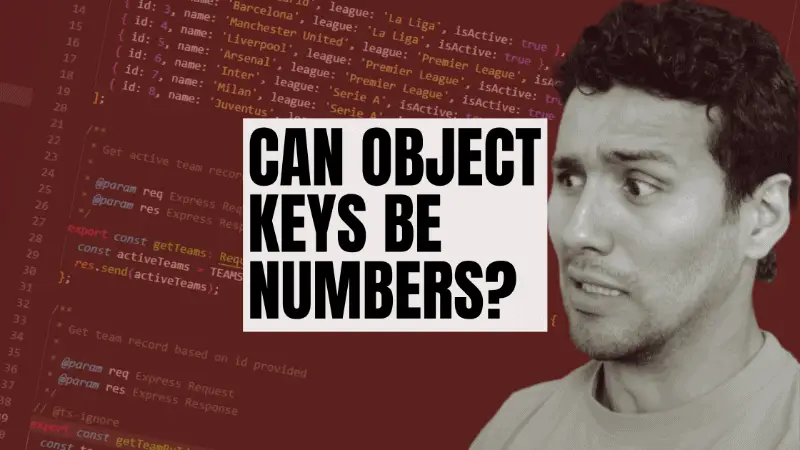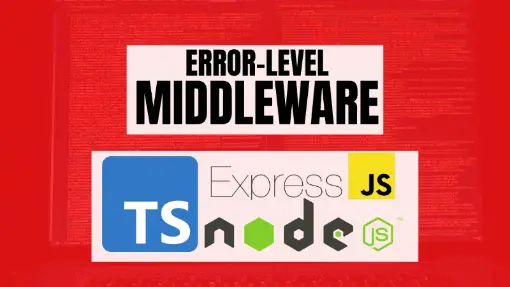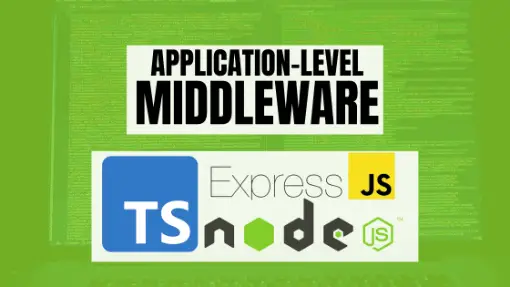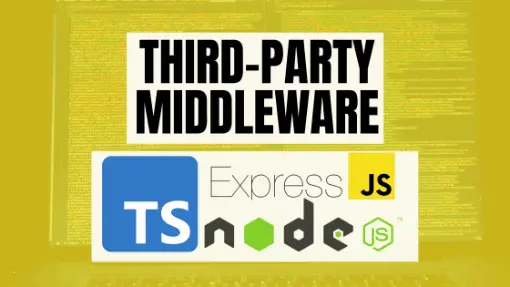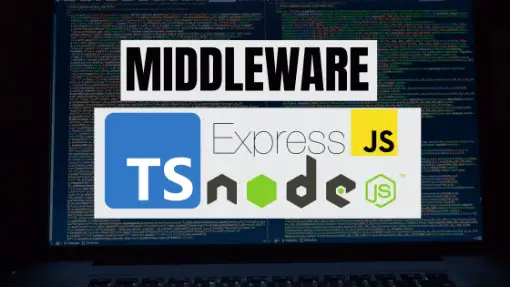Is it Bad to Commit to Master Branch? Why? Senior Engineer’s Advice
Looking to improve your skillset as a software engineer is always a good indicator you are passionate about developing software. One common question new developers tend to ask is whether they should commit to master branch their work. I hope this article provides you with meaningful insights into this practice. Master branch often reflects the … Read more



